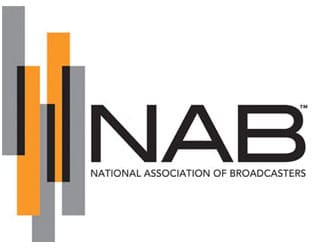The Boston Globe, which has been covering this story very closely, reports that three local businessmen are among the tire-kickers who’ve inquired about buying the money-losing newspaper from the New York Times Company. Still to be seen is whether they will actually put their money on the table.
One of the bidders identified by the Globe story sort of has a connection to broadcasting. Stephen Pagliuca is a managing director of Bain Capital, one of the two private equity firms that are the primary owners of Clear Channel Communications. While Clear Channel certainly owns radio stations in the Boston market, there shouldn’t be any crossownership problem. Pagliuca is not one of the Bain representatives on the board of CC Media Holdings and it should be pretty easy to insulate him from having an attributable interest. He does sit on the board of the Weather Channel, which Bain and another PE fund bought with NBC Universal, but it does not hold any FCC station licenses. Pagliuca is best known in Boston as a co-owner of the NBA Celtics.
The Globe identified other bidders as Stephen Taylor, whose family sold the newspaper to the New York Times Company for $1.1 billion in 1993, and Jack Connors, co-founder of the Hill, Holliday, Connors, Cosmopulos advertising agency, which he sold for more than $115 million in 1998. He is now chairman of Partners HealthCare, the largest hospital system in the Boston area.
While at first it might appear that Taylor is just looking to restore his family heritage, his background makes his potential bid interesting. He worked at the Globe for 20 years and when he left in 2000 he was Exec. VP and President of the newspaper’s electronic publishing division. If the Globe is to survive, its future is in the non-print side of the business and that’s where Taylor has experience.
Of course, none of the three would confirm to the Globe reporters that they are in discussions to buy the paper. All are wealthy, but not wealthy enough to buy the newspaper on their own, so they are all believed to be out testing the reception of potential investing partners.




